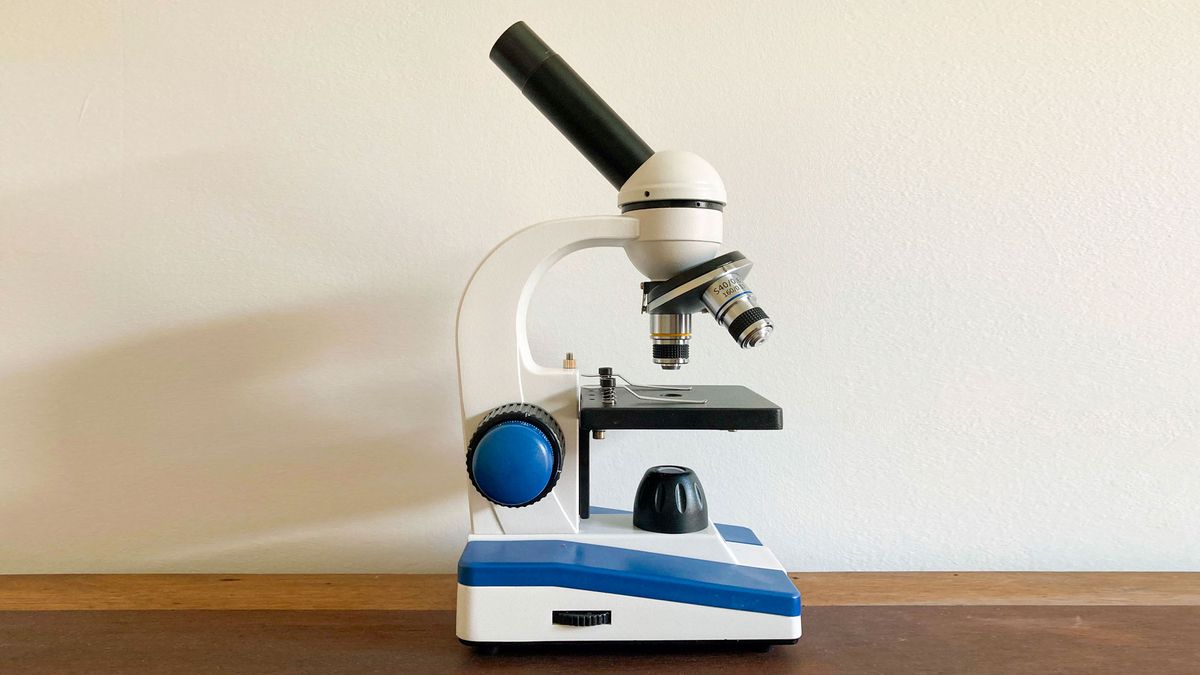As kids, we were warned not to swallow chewing gum, because it supposedly takes seven years to digest. But is there any truth to this old wives’ tale, or is it simply a myth?
Luckily for those who have accidentally downed a stick or two, it doesn’t take anywhere close to seven years for swallowed gum to exit our bodies, according to Julia Zumpano, a registered dietician at the Cleveland Clinic’s Center for Human Nutrition in Ohio. “It takes 40 hours, just as food does, to make its way through your digestive system and out through stool,” she told Live Science.
That said, we don’t actually digest chewing gum. “Our bodies don’t have enzymes to digest some of the products in gum,” said Dr. Nancy McGreal, a gastroenterologist at Duke University Medical Center. “So, if you swallow it, it does travel through your intestinal tract whole.”
This means that if you swallow gum, you poop it out whole, just like you would pieces of undigested corn (which may not be digested because they’re high in fiber and have a cellulose coating, which we also lack enzymes to break down).
“I’ve had a few instances where I’m doing a procedure like a colonoscopy, and I’ve found a little bit of gum that a patient had swallowed. But again, that was probably something they swallowed within the last 24 hours and not something from seven years ago,” McGreal said.
Related: Why do our stomachs growl?
Gum is made out of an artificial product called gum base — which contains non-food ingredients such as resins, emulsifiers and softeners — that can’t be digested, according to the Cleveland Clinic. However, our bodies are able to digest some of the other ingredients added to gum, such as sweeteners.
So, if we’re able to pass undigested gum through our digestive systems, is there any risk to swallowing it?
“If it’s one or two pieces of gum, probably nothing untoward or adverse is going to happen to someone,” McGreal said. According to the Illinois Poison Control, swallowing small amounts of gum shouldn’t cause an issue, but large amounts could lead to “vomiting, constipation, abdominal bloating and pain or changes in bowel habits.”
However, swallowing gum can in rare cases cause obstruction in the intestines if someone eats a lot of it at once, Zumpano said. A 1998 paper in the journal Pediatrics, for example, reported three cases of children developing esophageal or intestinal tract obstruction after swallowing gum. There’s even been a case of a teenager having obstruction of the upper airway for days after swallowing gum, according to a 2020 case report in the journal Respiratory Medicine Case Reports.
But these obstructions don’t just occur in kids. A 2020 case report in the ACG Case Reports Journal detailed a 53-year-old woman who admitted to swallowing 25 pieces of nicotine gum per day for the past three years before a colonoscopy revealed 30 pieces of gum stuck in her cecum, a pouch at the entrance to the large intestine. The authors wrote: “We believe encouraging patients to discard chewing gum rather than ingesting is necessary for patients using large amounts of chewing gum daily, although it is obvious.”
Additionally, swallowing too much sorbitol — a sugar alcohol often present in sugar-free gum — can cause digestive issues, mainly diarrhea, because it draws water into the intestines, McGreal said. When she was a medical student, for instance, she saw a patient with unexplained diarrhea. Doctors ran a slew of tests on him to try and figure out the case, but made no headway until one physician noticed the trash can filled with sugar-free gum wrappers by his bedside. The patient then recounted how he had chewed and swallowed many pieces of gum.















